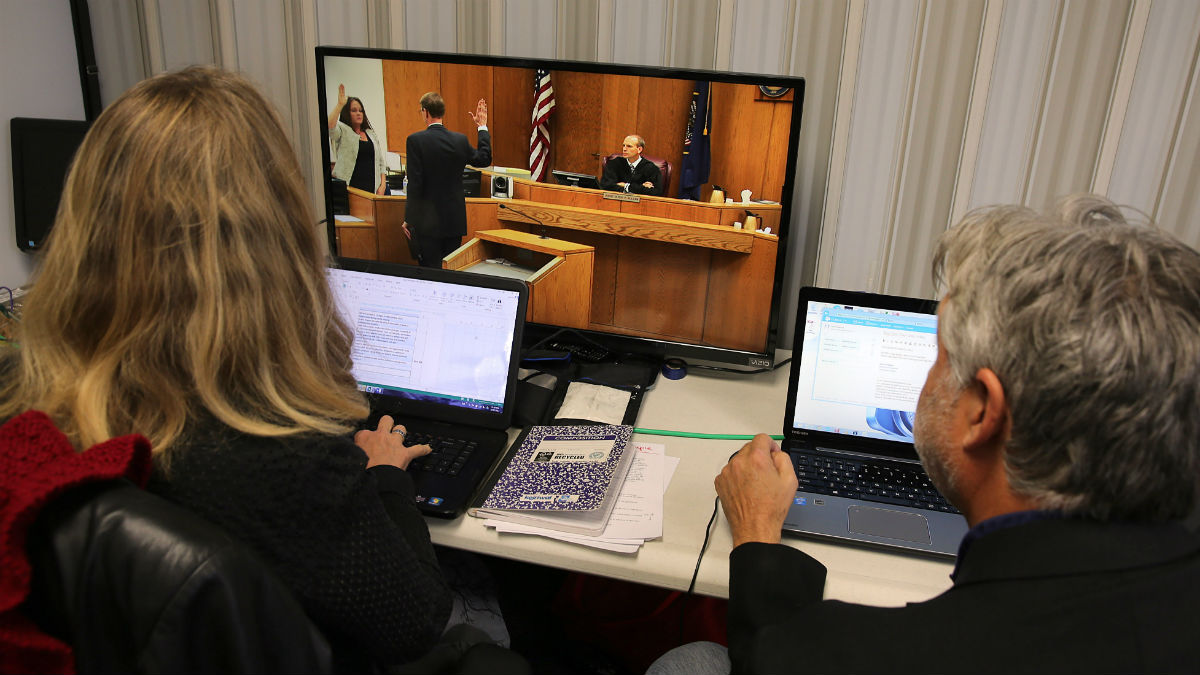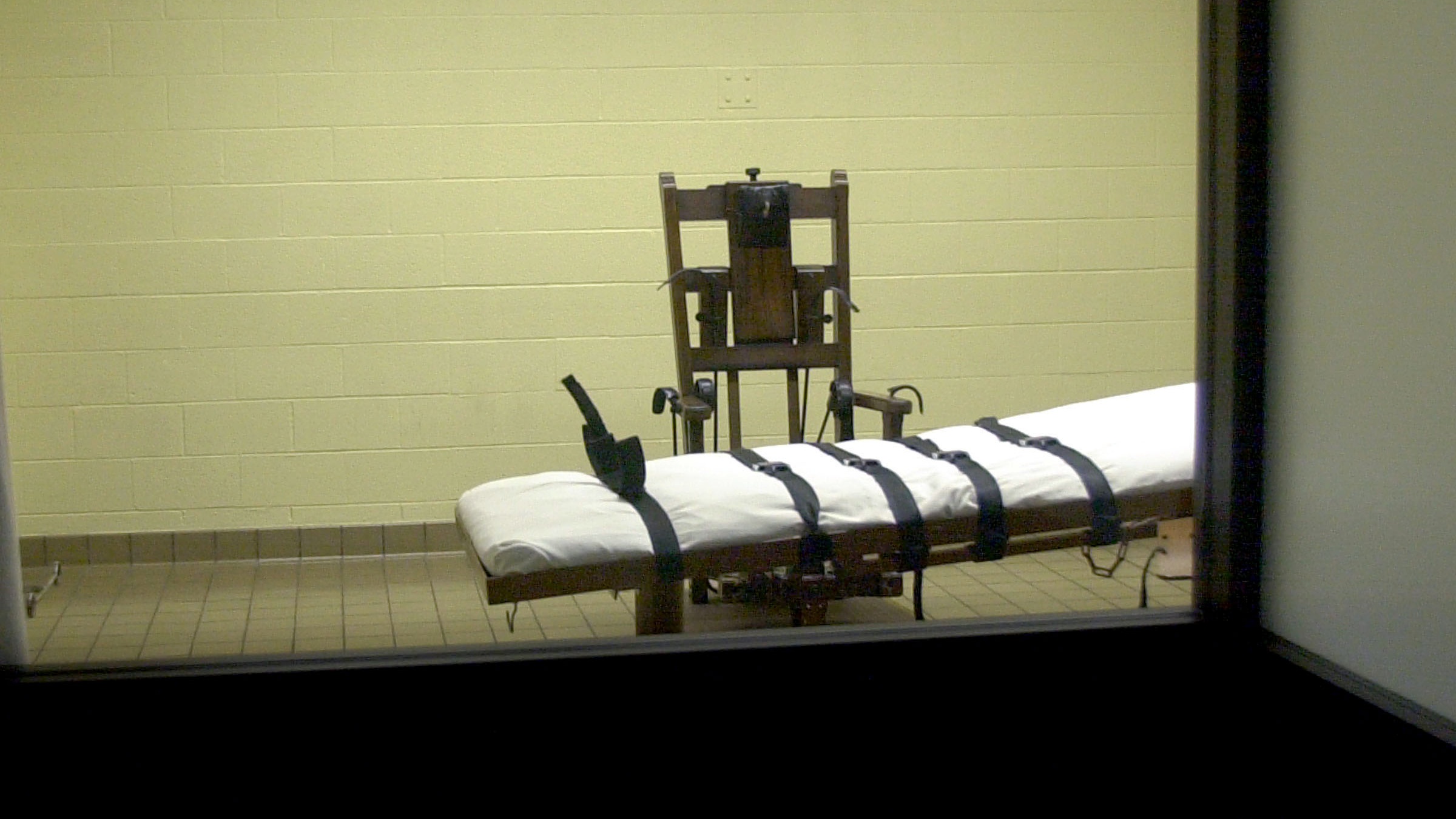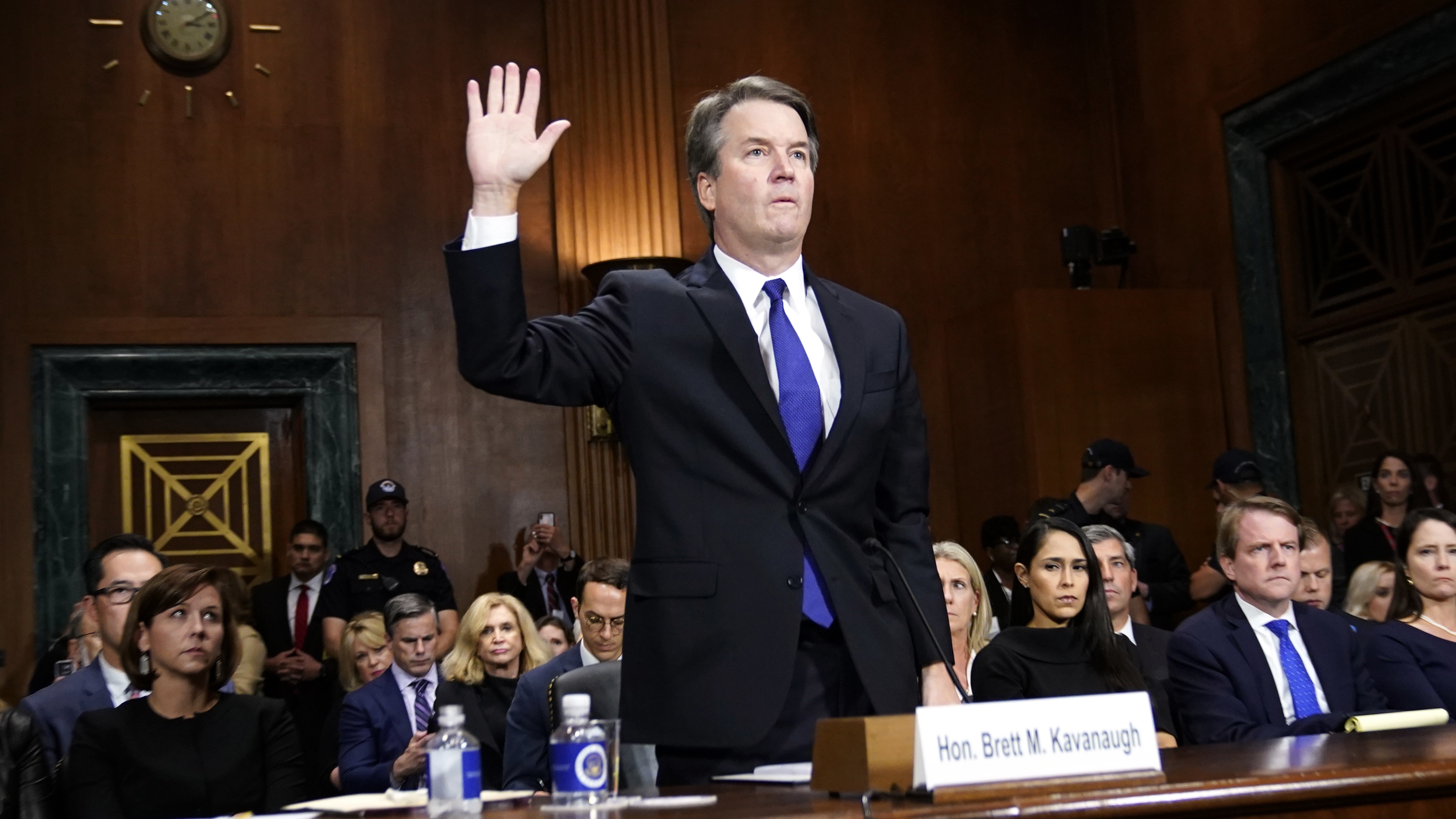Slow-motion video 'makes murder juries more likely to convict'
Viewers see greater intent to harm when watching slowed-down film footage, says US study

A free daily email with the biggest news stories of the day – and the best features from TheWeek.com
You are now subscribed
Your newsletter sign-up was successful
Slow-motion video replays shown to juries may be distorting the outcomes of trials, according to a new study.
US researchers found that viewing a killing only in slow motion made a jury three times more likely to convict of first-degree murder.
The study concluded that slowing down footage of aggressive offences caused viewers to perceive greater intent to harm than when viewed at normal speed.
The Week
Escape your echo chamber. Get the facts behind the news, plus analysis from multiple perspectives.

Sign up for The Week's Free Newsletters
From our morning news briefing to a weekly Good News Newsletter, get the best of The Week delivered directly to your inbox.
From our morning news briefing to a weekly Good News Newsletter, get the best of The Week delivered directly to your inbox.
The use of video evidence has rocketed in recent years, with smartphone recordings, CCTV and footage from officers' on-body cameras all routinely accepted by courts.
Sometimes these recordings are shown to juries in slow motion, to help them decide what happened at often fast-moving and chaotic crime scenes.
However, in many murder trials, a crucial point of dispute is the intention of the accused. So the researchers showed participants, acting as jurors, a video recording of an attempted robbery of a shop, which ended with a worker being shot dead.
The "jurors" were shown either normal speed or a slowed down footage. Watching the slow-motion version quadrupled the odds that they would begin their deliberations ready to convict.
A free daily email with the biggest news stories of the day – and the best features from TheWeek.com
"Slow motion can be a better version of reality, sometimes it's very helpful for seeing how actions unfolded," said report author Eugene Caruso, of the University of Chicago.
"But at the same time we found that it seems to have an effect on our perceptions of someone's inner mental states and there it's really not so clear that slowing things down gives us a more accurate perception of what was going on in someone's mind at the time they were acting."
-
 Political cartoons for February 21
Political cartoons for February 21Cartoons Saturday’s political cartoons include consequences, secrets, and more
-
 Crisis in Cuba: a ‘golden opportunity’ for Washington?
Crisis in Cuba: a ‘golden opportunity’ for Washington?Talking Point The Trump administration is applying the pressure, and with Latin America swinging to the right, Havana is becoming more ‘politically isolated’
-
 5 thoroughly redacted cartoons about Pam Bondi protecting predators
5 thoroughly redacted cartoons about Pam Bondi protecting predatorsCartoons Artists take on the real victim, types of protection, and more
-
 Texas’s abortion law: the Republicans get their way, at last
Texas’s abortion law: the Republicans get their way, at lastSpeed Read SB8 authorises private citizens to sue anyone who performs, ‘aids or abets’ an abortion after six weeks of pregnancy
-
 Changing legal gender: what’s new and how does it work?
Changing legal gender: what’s new and how does it work?Speed Read Cost of a gender recognition certificate application is reduced from £140 to £5
-
 America’s bloodiest state votes to ban the death penalty
America’s bloodiest state votes to ban the death penaltySpeed Read Virginia has executed more than 1,300 people in its 400-year history
-
 FBI accused of ‘fake’ background check on Donald Trump Supreme Court nominee
FBI accused of ‘fake’ background check on Donald Trump Supreme Court nomineeSpeed Read Democratic senator calls for ‘proper oversight’ over Brett Kavanaugh investigation into sexual assault claims
-
 Family of Malcolm X claims letter proves FBI and NYPD involved in his murder
Family of Malcolm X claims letter proves FBI and NYPD involved in his murderSpeed Read Daughters of assassinated civil rights leader demand reopening of investigation
-
 Meghan Markle granted nine-month delay in Mail on Sunday privacy case
Meghan Markle granted nine-month delay in Mail on Sunday privacy caseSpeed Read Duchess of Sussex had applied for summary judgement in battle over letters sent to her estranged father
-
 Meghan Markle to pay £67,000 after losing first round of legal battle against Mail
Meghan Markle to pay £67,000 after losing first round of legal battle against MailSpeed Read Duchess of Sussex is suing the newspaper’s publisher for printing parts of private letter to her father
-
 MI6 agents tried to stop judge seeing secret documents in ‘licence to kill’ case
MI6 agents tried to stop judge seeing secret documents in ‘licence to kill’ caseSpeed Read Intelligence agency was forced to apologise for ‘any misunderstanding’, court documents show